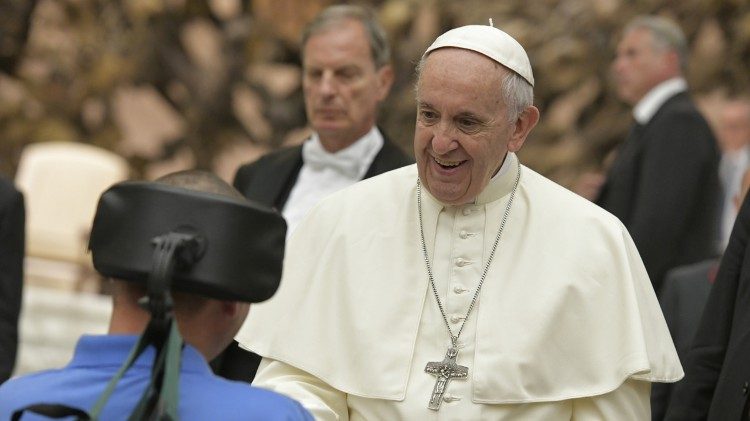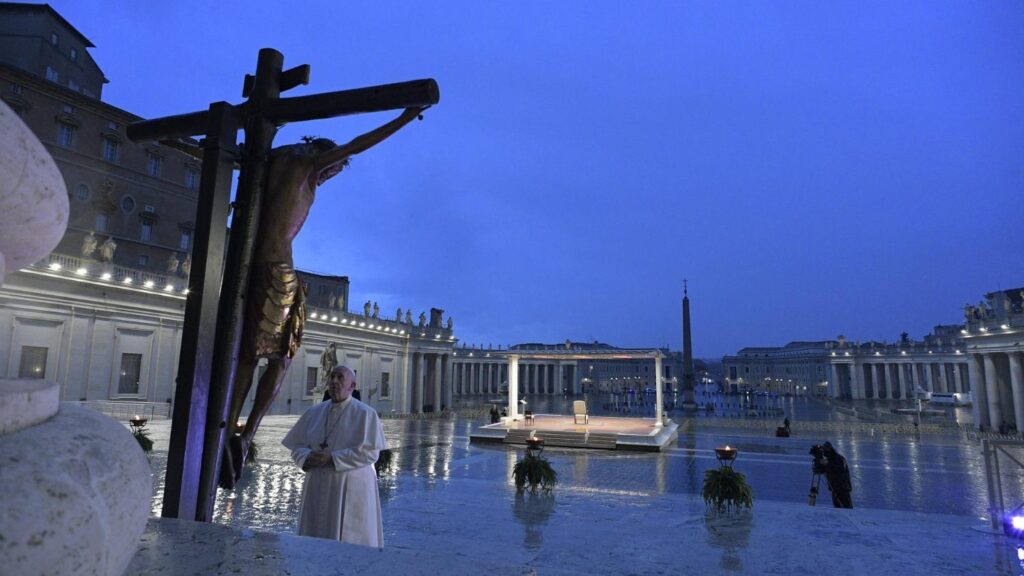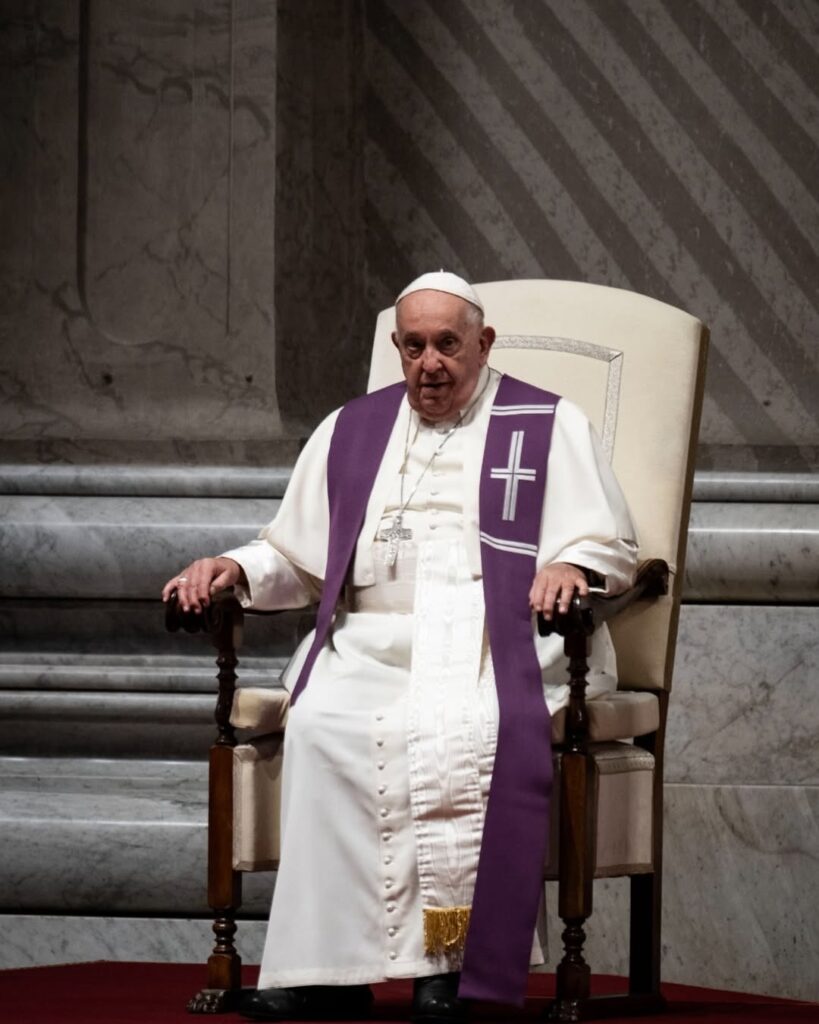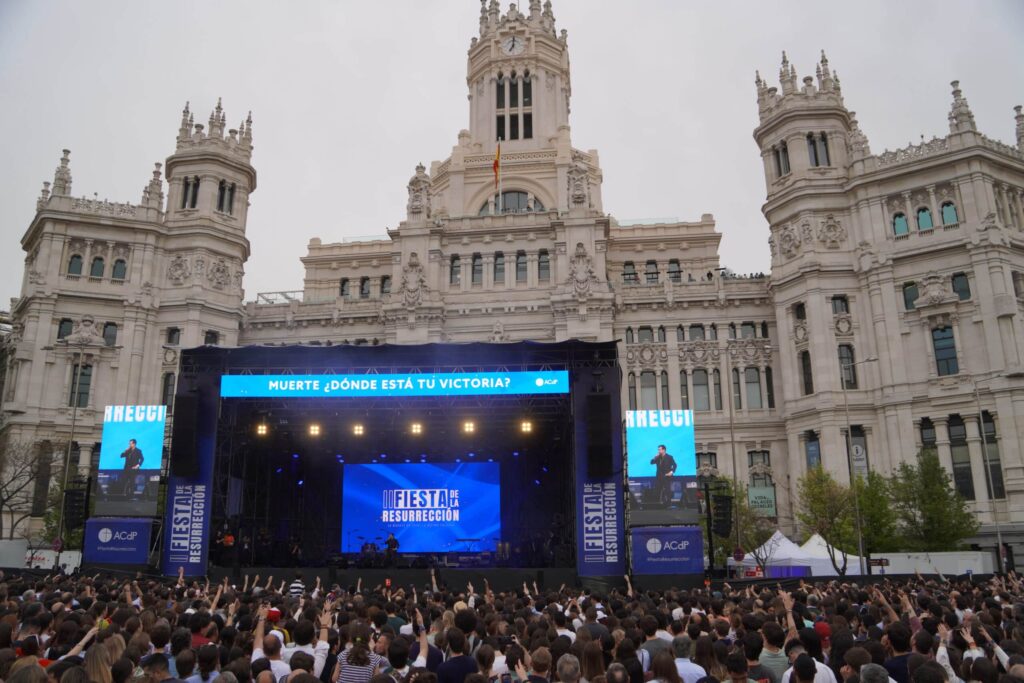May 68 in my generation
Little remains of the revolt and, what still lingers in our time, is a sensitivity that promotes libertarian lifestyles encouraged by the society of spectacle and consumption

The university revolt of May 1968 at the Sorbonne in Paris, seen from these Peruvian latitudes, continues to be a mystery to me. It continues to be talked about and a series of consequences are attributed to it in the configuration of contemporary culture in its lights and shadows. Nicolas Sarkozy referred to the latter, for example, around 2008, stating: «Yes, morality, a word that does not scare me. Morality, something that after May 1968 could not be talked about (…). The heirs of May ’68 had imposed the idea that anything goes, that there is no difference between good and evil, between what is true and what is false, between what is beautiful and what is ugly; They had tried to make it believe that the student is worth as much as the teacher (…), that the victim counts less than the criminal (…), that there could be no hierarchy of values (…), that authority, courtesy, had ended, respect; that there was nothing great, nothing sacred, nothing admirable; “no rules, no norms, nothing was prohibited.” Clearly, a critical vision of the ideas of this revolt.
Mario Vargas Llosa, after receiving the Don Quixote Prize, for his career as a disseminator of Spanish culture and language, responds to Yolanda Vaccaro -in 2010- in an interview about “suppressing the elites”, one of the objectives of May of ’68. He says: “I consider that it is a very current problem because I believe that starting in May 1968 a thesis emerged that has spread in a certain way in a good part of the world: that the elites had to be put an end to. That attitude is pure nonsense because ending the elites simply means turning culture into a simulacrum of what culture is. Everyone can’t have the same degree of knowledge, have the same degree of specialization; That is an absolutely unreal utopia. The hatred, the rejection of the elites, I believe has created such extraordinary confusion that in some fields such as art, people no longer know what has value and what does not.”
Two opinions, that of Sarkozy and that of Vargas Llosa, critical of the postulates of May 68. What are the ideas behind this event? The book by José María Carabante, professor of philosophy of law at the Complutense University, May 68. Philosophical keys to a postmodern revolt (Rialp, 2018), provides very good guidance in answering this question. It is an investigation of the ideological currents that were before, during and after those few weeks of agitation that began on March 22 in Nanterre, reaching its peak on May 10, the night of the barricades in the Latin Quarter. The close antecedent to the Parisian revolt occurred on the other side of the Atlantic, at the University of Berkeley, California (USA), in 1964, with the Free Speech movement. In France, the revolt broke out at the Faculty of Humanities of Nanterre, led by the young sociology student Daniel Cohn-Bendit, on March 22, 1968. A few weeks later, on May 3, the students took over the Sorbonne. The slogans and slogans are very striking: “let’s be realistic, let’s do the impossible”, “imagination to power”, “power has taken power, let’s take power”. It is a movement of total subversion of the system. Sartre supports the movement. Raymond Aron, rather, is a critic of these events.
Carabante considers that the philosophical keys to this revolt can be traced back in time: before, during and after. Behind would be the masters of suspicion Marx (the ideas are pure ideology that emanate from the economic structures of domination), Nietzsche (we must unmask the weakness of the present morality and return the protagonism to the superman) and Freud (the important thing is the erotic drives). During the time of the May 68 revolts, Marcuse rose as an important reference by proposing a society of Eros, without obstacles, where each individual could satisfy his desires, a cocktail of ideas between Marx and Freud. For their part, the so-called situationist philosophers Debord and Veneigen realized “that the revolution, to be successful, had to occur in the cultural sphere, and that the objective of the transformation should be customs, values and convictions.” . It was culture, in short, that guarded capitalist power and functioned as its buttress (p. 61). Finally, in it after May 1968, it was postmodern philosophers such as Foucault, Deleuze, Derrida, Lyotard who gave air to the spirit of the revolt, enthroning the self and undermining modern discourse with the deconstructivist approach, signaling the end of great stories.
Luc Ferry and Alan Renaut synthesize the thought of ’68 into four features: the end of philosophy, the paradigm of genealogy, the dissolution of the idea of truth and historicism. The real fades away, and the human being would have lost his ability to know. There would also be no differences between cultures, nor a distinction between good and evil, because there is no normative criterion that does not respond to domination, that is not a symptom of dogmatism or a trace of a despotic prejudice (cf. pp. 76-77). . Knowledge fragments, the self and its drives expand, all forward, shaking off traditions and institutions that are seen as alienating and harmful.
So, I wonder, May ’68, where were you in the 1970s and onwards in Peruvian universities? Where were you in the decades of terrorism of the 80s and 90s? I’m afraid you were not present in the cultural imagination in which university students of that time were formed. I began my law degree at the Pedro Ruiz Gallo National University of Chiclayo (1975-1977) and continued it at the PUCP (1978-1981). That is to say, I was trained in the period immediately after May 68. At this time, I do not find important traces of the spirit of this Parisian revolt. The paradoxical genius of May ’68 did not reach my generation, it came to us head-on and, without anesthesia, Marxism in its sources, in its popularizers and in its various revisionist faces. The general studies course I took, except for one accounting course, had a Marxist bias: historical and dialectical materialism, class struggle, popular movements, exploitative relations, critical history, sociology. Marcuse’s erotic society remained on paper and, instead, the revolutionary breeding ground was cooked through the Shining Path (the most radical Marxism in the universities) that ended in the rifle and terrorism of the 80s and 90s, whose tragic outcome is still close to us.
The cultural, psychological, and recreational May of ’68 was not an intellectual reference for my generation, nothing like “long live the elves and die the orcs.” “The bread with freedom” of the Apristas fell short; Even the slogan “peasant, the boss will no longer eat from your poverty” of the socialist government of Velasco Alvarado, was devastated by the “Gonzalo thought” and the insane terror of the Shining Path.
There are still traces of May ’68, perhaps more visible in the Northern Hemisphere. Little remains of the revolt and, probably, what still lingers in our time is a sensitivity that promotes libertarian lifestyles encouraged by the society of spectacle and consumption.
Related

Francis. The Human and Religious Imprint of a Papacy
Isabel Orellana
24 April, 2025
5 min

Cardinal Felipe Arizmendi: With the Risen Christ, There Is Hope
Felipe Arizmendi
24 April, 2025
6 min

You Didn’t Give Up
Exaudi Staff
23 April, 2025
2 min

Sing, pray, give thanks
Mar Dorrio
23 April, 2025
2 min
 (EN)
(EN)
 (ES)
(ES)
 (IT)
(IT)

